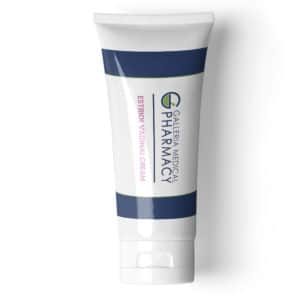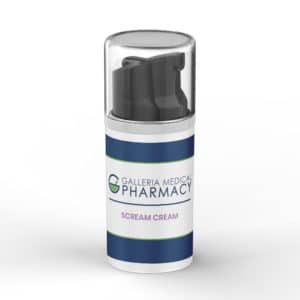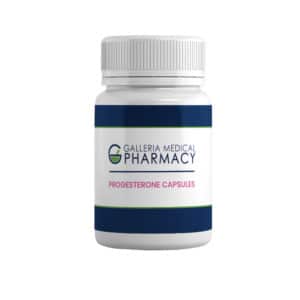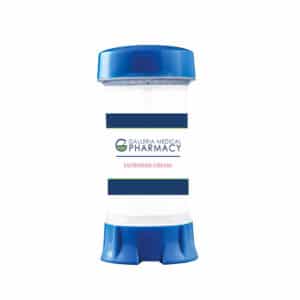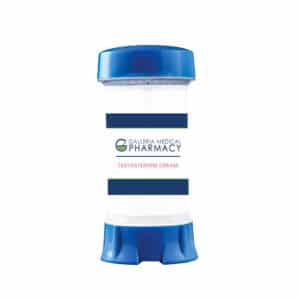Oxytocin Nasal Spray
- Home
- /
- Products
- /
- Sexual Wellness
- /
- Oxytocin Nasal Spray
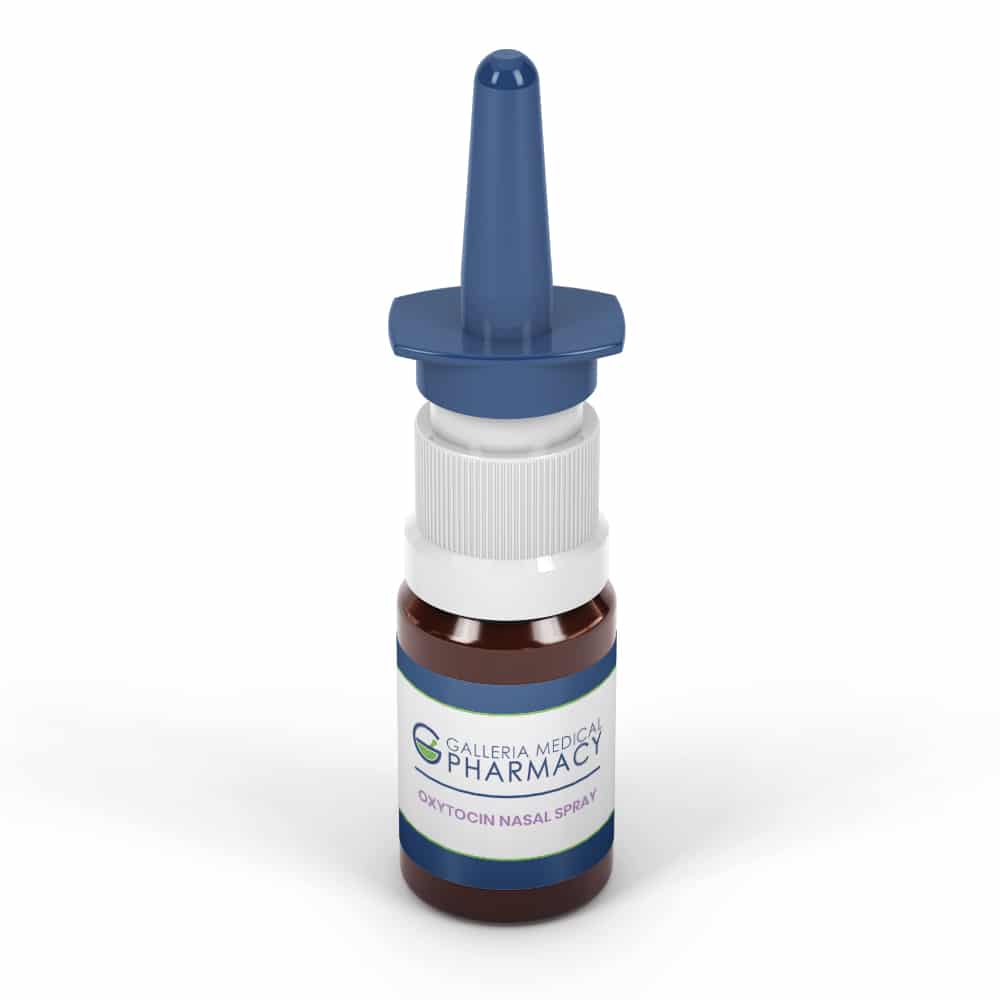
Overview
Oxytocin is a hormone responsible in part for the contraction of uterine smooth muscle during gestation. It also triggers milk ejection in lactating mothers and has been correlated with mating, parental, and social behaviors. Since it is released during intercourse in both men and women, there has been a belief that oxytocin is associated with sexual bonding. Research has shown that taking oxytocin may support sexual satisfaction, decrease male sexual dysfunction, encourage fidelity among men in monogamous relationships, and enhance communication among couples.1, 2, 3, 4 It is postulated that oxytocin also fosters the emotional bond between mother and child.5 Researchers have also studied the link between oxytocin and autism, in which oxytocin levels were found to be significantly lower in autistic children than in children without the disease.6
Indications
Oxytocin is indicated to induce and strengthen labor and intravenously or intramuscularly to control postpartum bleeding.
How Supplied
Commercially-Available Oxytocin Options
Oxytocin was first approved by the FDA in 1962. Today it is available commercially for intravenous infusion or intramuscular injection to induce labor and control postpartum bleeding.7, 8 Intranasal preparations of oxytocin, used to stimulate postpartum milk ejection, are no longer manufactured in the U.S.
Compounded Oxytocin Options
Compounded oxytocin nasal spray may be an option for patients that would benefit from an intranasal route of administration as determined by a prescriber. Oxytocin is commonly compounded into a 100 IU/mL (10 IU/spray) nasal spray, though other strengths and formulations may be prepared upon request.
Storage
Store this medication in its original container in a refrigerator between 35°F to 46°F (2°C – 8°C) and away from heat, moisture and light. Keep all medicine out of the reach of children. Throw away any unused medicine after the beyond use date. Do not flush unused medications or pour down a sink or drain.
Reference
- Behnia B, Heinrichs M, Bergmann W et al. Differential effects of intranasal oxytocin on sexual experiences and partner interactions in couples. Horm Behav. 2014;65(3):308-318. doi:10.1016/j.yhbeh.2014.01.009
- IsHak WW, Berman DS, Peters A. Male anorgasmia treated with oxytocin. J Sex Med.2008 Apr;5(4):1022-1024. doi: 10.1111/j.1743-6109.2007.00691.x. Epub 2007 Dec 14. PMID: 18086171.
- Scheele, D. et al. Oxytocin Modulates Social Distance between Males and Females. Journal of Neuroscience14 November 2012, 32 (46) 16074-16079; DOI: 10.1523/JNEUROSCI.2755-12.2012
- Ditzen, B. et al. Intranasal oxytocin increases positive communication and reduces cortisol levels during couple conflict. Biol Psychiatry.2009 May 1;65(9):728-31. doi: 10.1016/j.biopsych.2008.10.011. Epub 2008 Nov 22. PMID: 19027101.
- Cabanac M, Pfaff DW, Ogawa S, et al. Neural oxytocinergic systems as genomic targets for hormones and as modulators of hormone-dependent behaviors. Results Probl Cell Differ 1999;26:91-105.
- Modahl C, Green L, Fein D, et al. Plasma oxytocin levels in autistic children. Biol Psychiatry 1998;43:270-277.
- American College of Obstetrics and Gynecology (ACOG). ACOG Practice Bulletin Number 10: Clinical Management Guidelines for Obstetrician-Gynecologists. Induction of labor. Washington, DC: American College of Obstetricians and Gynecologists; November 1999.
- Pitocin (oxytocin) package insert. Rochester, MI: JHP Pharmaceuticals, LLC; 2014 Sept.
Compounding Pharmacy Statement
Oxytocin nasal spray is compounded with drug components whose suppliers are registered with the FDA. While Galleria Medical Pharmacy adheres to USP <795> guidelines and applicable state and federal regulations to meet the required quality standards, the statements made regarding compounded oxytocin nasal spray have not been evaluated by the FDA for safety or clinical effectiveness. As such, this preparation is not intended to diagnose, treat, cure, or prevent any disease. For inquiries concerning this preparation, please contact (504) 267-9876.
